The Bank of Ghana (BoG) has confirmed that it is taking proactive steps to enhance its foreign reserves in response to the ongoing depreciation of the cedi against major currencies.
With the festive season approaching, the Central Bank is bracing for an expected increase in foreign exchange demand, a strategic effort aimed at stabilizing the local currency.
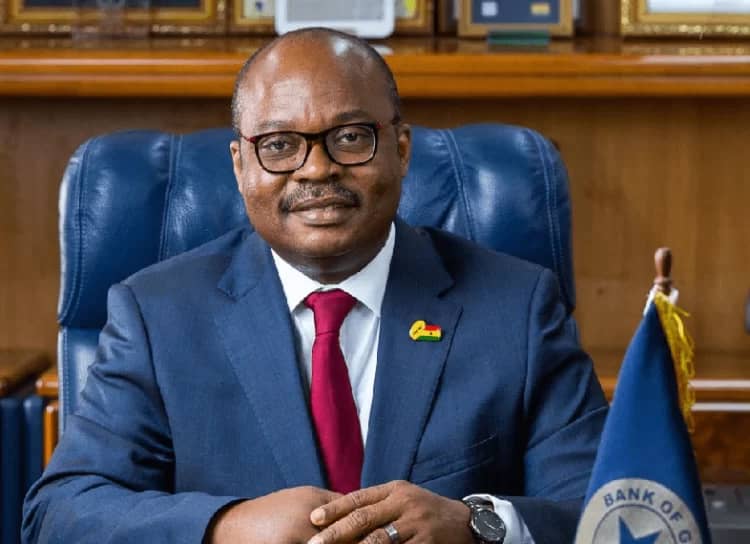
Currently, the cedi is trading at nearly GH¢17 to one U.S. dollar, marking a significant year-to-date depreciation of 24.3%.
In light of these challenges, the Bank is committed to reassuring businesses and consumers by striving for greater stability in the cedi through improved reserves.
At the launch of “The Concise Law of Banking,” authored by Afua Appiah-Adu, Dr. Ernest Addison, Governor of the Bank of Ghana, emphasized the necessity of building reserves to counter fluctuations in the cedi’s value.
He noted that these measures are vital for ensuring economic stability and maintaining confidence in the financial system.
“We are making progress because the developments we are observing are not dissimilar to those in other jurisdictions.
Therefore, we must remain focused and implement suitable policies while building buffers to support our progress,” Dr. Addison remarked.
In late October 2024, Finance Minister Dr. Mohammed Amin Adam also expressed optimism regarding the cedi’s resilience amid rising foreign exchange demand, particularly with the holiday season approaching.
He highlighted recent efforts to strengthen the nation’s foreign currency reserves and secure international financial support to alleviate pressure on the cedi.
During the recent IMF meetings, Dr. Adam noted the relative stability of the cedi over the period, asserting that the government is committed to continuing its stabilization efforts.
He acknowledged that increased demand for foreign currency typically arises as the year ends, driven by heightened import and business activities.
To meet this demand, Dr. Adam confirmed that the BoG has implemented measures to bolster the country’s foreign exchange reserves.
He indicated that the Bank has accumulated “significant reserves to meet the demand” and expects further inflows from international financial institutions in the coming months.
According to the Bank of Ghana, Gross International Reserves rose by US$1.58 billion to US$7.50 billion at the end of August 2024, providing approximately 3.4 months of import cover.
Net International Reserves also increased by US$1.73 billion, reaching US$4.92 billion during the same period.
The growth in Gross International Reserves was primarily due to the strong performance of the domestic gold purchase program.
The country is anticipated to receive US$360 million from the International Monetary Fund (IMF) following the board’s approval on December 2.
Additionally, the World Bank is expected to provide US$300 million through its Development Policy Operations (DPO) series.
These funds are expected to enhance the nation’s foreign currency reserves and contribute to maintaining exchange rate stability into early next year.
































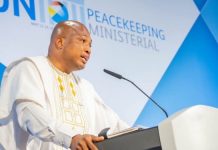

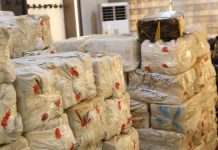

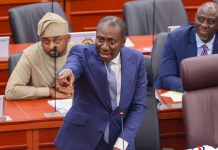
















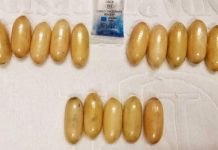
![[FREE FREE MONEY] Predict and Win a Guaranteed GH¢200 From Us EVERY WEEK](https://wordpress.ghanatalksradio.com/wp-content/uploads/2022/02/Predict-and-Win-Final-09-03-2021-218x150.jpg)
![[Predict & Win – 8th/Oct.] WIN A Guaranteed ¢200 From Us This Week](https://wordpress.ghanatalksradio.com/wp-content/uploads/2021/10/maxresdefault-16-218x150.jpg)
![[Predict & Win – 2nd] WIN A Guaranteed ¢200 From Us This Week](https://wordpress.ghanatalksradio.com/wp-content/uploads/2021/09/maxresdefault-50-218x150.jpg)
![[Predict & Win – 25th] WIN A Guaranteed ¢200 From Us This Week](https://wordpress.ghanatalksradio.com/wp-content/uploads/2021/09/maxresdefault-36-218x150.jpg)
![[Predict & Win – 18th] WIN A Guaranteed ¢200 From Us This Week](https://wordpress.ghanatalksradio.com/wp-content/uploads/2021/09/maxresdefault-23-218x150.jpg)
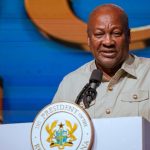

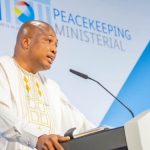





![[National cathedral] See full list of churches that have contributed since 2018](https://wordpress.ghanatalksradio.com/wp-content/uploads/2020/09/Ghana-National-Cathedral-GhanaTalksRadio-100x70.jpg)



